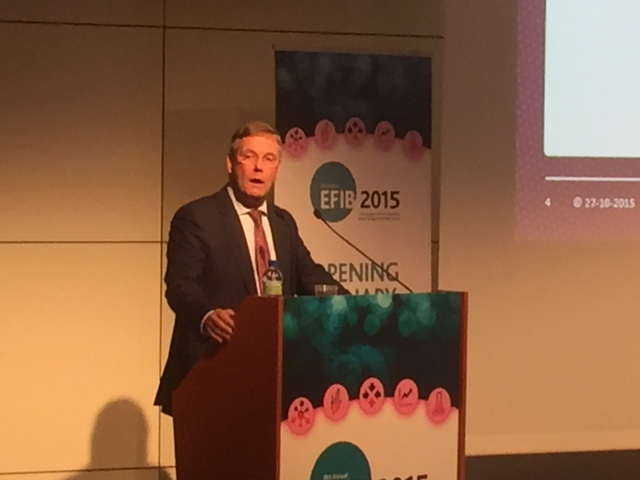‘Small, integrated biorefineries are economically the most viable option. The reason is partly the use of side streams, which in some cases, can become the most profitable ones. Also an attractive feature of the biorefinery is the integration of conversion processes, lower (shared) investments costs. The challenge of course is to recoup these investments back from the market. At Corbion, we are well positioned to do so.’
In order to stimulate the arrival of these integrated biorefineries, several actions need to be taken, according to De Ruiter. ‘A feedstock push is needed, not only 1st generation, but also 2nd and 3rd (for example syngas). 1ste, 2nd and 3rd (perhaps syngas). Products from these feedstocks also need to be supported, for example in financial incentives for biobased chemicals.’
Besides the feedstock push, a technology push is needed, for example in upscaling processes in order to make these economically viable. Finally, a consumer push is needed to create vibrant markets for biobased products. ‘This can be done with financial incentives, but also in communicating in a clear and unambigious way.’



